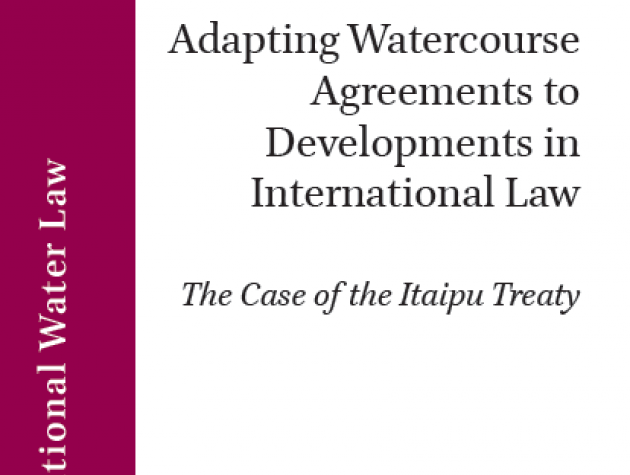GLF Ali Hasanain wins PEDL exploratory funding
Global Leaders Fellow Ali Hasanain has won Private Enterprise Development in Low Income Countries (PEDL) exploratory funding for a new project that seeks to study asymmetric information problems in the informal market for milk in Lahore, Pakistan, and that will pilot cost-effective technologies that can potentially reduce information gaps in this setting.
According to the Food and Agricultural Organization (FAO) of the United Nations, milk and dairy products hold a huge potential to improve nutrition and livelihoods of hundreds of millions of poor people across the globe. These products are an affordable source of dietary energy, protein, and fat, and they are rich in micronutrients critical for fighting malnutrition in cases of starch- or cereal-based diets. At the same time, small, independent dairy enterprises are a primary source of income for many people in low-income countries, including Pakistan. However, in many of these countries, the market for milk suffers serious frictions.
Informal milkmen supply milk to neighborhoods directly from small farms with little or no processing or quality control. Two types of adulteration are common: first, dilution with water is widespread, relatively innocuous and relatively easy to detect using Lactometers. Second, adulteration with more harmful additives such as urea, melamine and detergent is harder to detect. Not only is adulteration harmful for the consumer, it also reduces future demand for small-scale milk provision.
This project will survey milk consumers in Lahore and test milk samples to evaluate the extent of consumer ignorance about such adulteration, and test whether the provision of milk testing facilities improves available milk quality.
PEDL is a joint research initiative of the Centre for Economic Policy Research (CEPR) and the Department for International Development (DFID).







